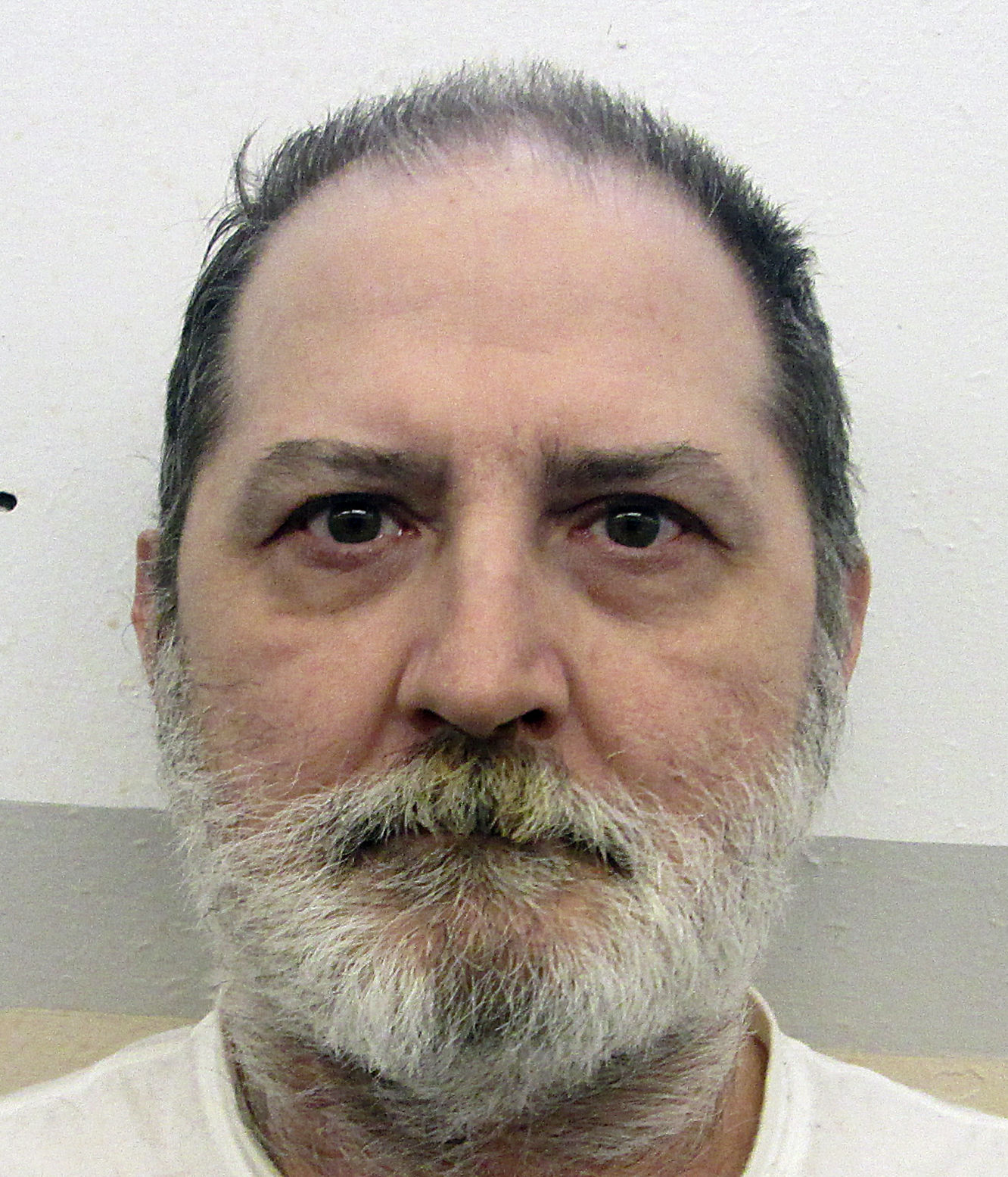MONTGOMERY, Ala. (AP) — An Alabama death row inmate won a last-minute reprieve Thursday just hours before he was set to receive a lethal injection. A federal judge temporarily halted the execution of Jeffery Lynn Borden, 56, while Borden and
MONTGOMERY, Ala. (AP) — An Alabama death row inmate won a last-minute reprieve Thursday just hours before he was set to receive a lethal injection.
A federal judge temporarily halted the execution of Jeffery Lynn Borden, 56, while Borden and other Alabama inmates challenge the humaneness of the state’s lethal injection procedure. The state attorney general’s office said it would not appeal the decision Thursday evening because there wasn’t enough time to take the matter to the U.S. Supreme Court before the death warrant expired at midnight.
In granting the stay, U.S. District Judge Keith Watkins noted that he was under a mandate from the 11th U.S. Circuit Court of Appeals to hold additional proceedings in the lawsuit.
The three-judge panel last month ruled that Watkins prematurely dismissed inmates’ claims and ordered additional proceedings. The panel on Sept. 29 issued an order blocking Borden’s execution for at least two weeks. The U.S. Supreme Court on Wednesday overruled the 11th Circuit and said the execution could proceed. Borden made the successful bid for a stay Thursday morning.
Alabama Attorney General Steve Marshall said he will seek a new execution date for Borden as soon as possible.
“Despite the fact that the U.S. Supreme Court has already agreed to proceed with Mr. Borden’s execution, the lower federal courts continue to place roadblocks in the victims’ family’s pursuit of justice,” Marshall said.
Borden was convicted of killing his estranged wife, Cheryl Borden, and her father, Roland Harris, in Gardendale, Alabama. Borden, who was separated from his wife, was returning their three children to the Christmas Eve gathering after a weeklong visit with him. Prosecutors said he shot Cheryl Borden in front of the children as she helped move their Christmas gifts and clothing and then shot Harris as he ran for help.
Borden and other inmates challenging the humaneness of the lethal injection procedure argue that the state planned to use an inadequate sedative before giving them drugs to stop their lungs and heart.
Borden’s lawyer, John Palombi, said there are questions about the state’s lethal injection process that should be addressed.
“We are pleased with the stay that has been entered and the fact that the State has chosen not to appeal it. We can now litigate the important question of the constitutionality of Alabama’s method of execution at an appropriate pace,” Palombi said.



